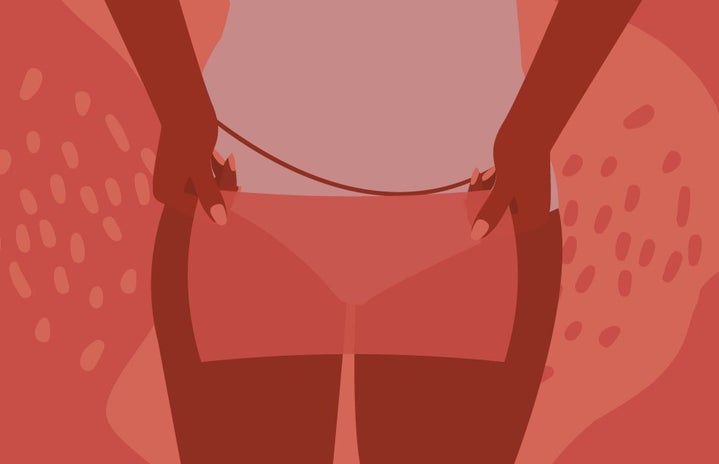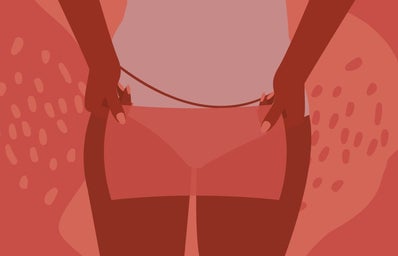Growing up somewhere in the void between Manchester and Liverpool, I thought most people lost their virginity in a field drunk on WKD at 15 years old. It wasn’t a particularly romantic reality, I realise now, but as a 16-year-old with a self-cut bob, romance wasn’t exactly part of my day-to-day nomenclature. Safe to say, I didn’t follow the trend at the time.
But three years and a loss-of-virginity later, I quickly realised the pressure I had put on myself was for nothing. Not only was I surrounded by friends who hadn’t lost their virginity yet, but also the notion of ‘purity’ was hardly mentioned. Sure, people weren’t obsessed with the idea of ‘saving themselves’ for ‘the one’, but having a non-existant sex life wasn’t the taboo I had grown up expecting it to be. I guess people just had more important things to think about.
Originally, I wasn’t particularly obsessed with the idea of purity. I didn’t care about ‘saving yourself’; all I wanted at the time was to feel comfortable. Did I end up getting that? Yes and no. But what I did feel was dirty. I felt that in sleeping with someone, I had become tainted, impure in some way. I spent the next week scrubbing myself in the shower. When I say it wasn’t personal to him, or the situation, I mean it, but I still felt violated. Like my purity had been stripped from me.
I think there is an expectation somehow that women are societally coerced into still retaining this concept of purity taught to us by the Vestal Virgins of Ancient Rome (thank Plebs for that reference), despite society pushing us in every way to bite Eden’s proverbial apple. That any experience we have with (specifically) men taints us in a way that pushes us away from the innocence of our childhood. Simultaneously, we are being told that womanhood is dependent on us giving ourselves over to men, yet men will only want us if we retain our childlike, wide-eyed naïvety.
We’re at a time now where many of us no longer practise the church’s convictions of retaining virginity until our marriage bed. But the notion of purity still persists. We still feel bad. We still feel like we’re giving something away. We still feel dirty. So why does purity still hold itself over our heads, ever so slightly out of our grasp?
Even those who we are taught stray far outside the realms of purity are still bound by its tight embrace. Over the summer, during a time where I was (ironically) working in a boarding school, I met an ex-escort. After two months of daily shifts, eventually the conversation led me to this discovery, and I started interviewing her about her experiences — because hey, when else do you get the chance to interview someone in the sex industry? But what she said that intrigued me the most was her understanding of ‘purity’. She still, as someone who had slept with over one thousand people, believed that she had retained some of her purity. By never having had sex naked, she was ‘saving herself’ for her soulmate, the one she believed wouldn’t make her feel dirty, grimy or grubby — someone who instead made her feel loved. It threw me for a loop at first, but upon re-analysis, I think there’s truth to her conviction. Purity is what we make of it — not societally, not culturally, but personally.
I also think that at a time of sexual liberation, and when having an active sex life gives people of all genders a mostly (and somewhat reluctantly) positive reputation, purity has developed a new meaning. It’s not as simple as being synonymous with virginity, but has now grown to encompass people with low body counts because freedom of sexuality and sex is slowly becoming a-gendered. The notion of purity is still with us, but instead of being something solely part of the feminine condition, women are finally allowed some sense of leeway.
At the end of the day, purity will always be a staple of every woman’s (and some men’s) sex life. We are always expected to be pure, whether that’s denoting abstinence from sex entirely, from kink, or relating to the number of people we’ve slept with. But in sexual liberation, women are finally allowed to be part of the discourse. In taking power over conversations about sex and purity, we can finally control the narrative, and soon enough, feeling dirty and scrubbing ourselves raw in the shower could be a thing of the past; but only if we acknowledge purity is personal, and a vestal virgin can be just as pure as a prostitute or a pornstar.


